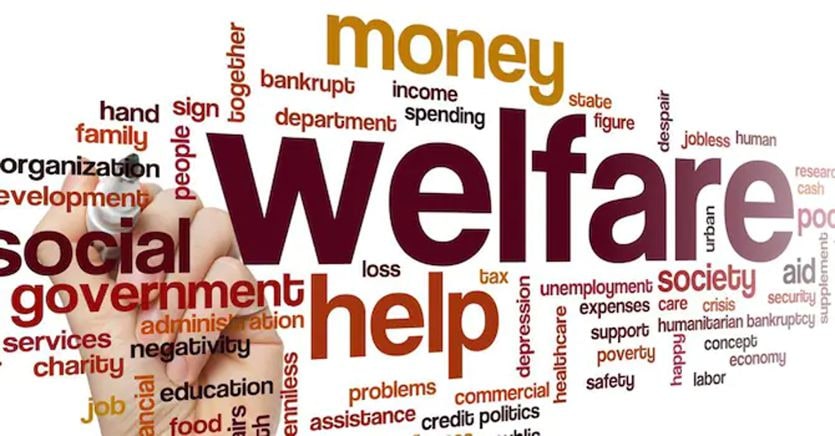An “integration of the thirteenth”, as the Minister of Labor Calderone called it. The German welfare model has been defined by the Minister of Economy Giancarlo Giorgetti. Whatever it is called, it is one of the most interesting measures of the new Aid-quater decree: the one that anticipated parts of the budget maneuver. We are talking about the extension of tax-free company fringe benefits up to 3 thousand euros: and therefore with zero personal income tax. It will last until December 31, for now, and will serve, among other things, to meet the expensive bills for an audience of privileged workers: according to the estimates of the Ministry of Labor, 2.5 million employees and similar.
The rule
But let’s see in detail what it is. The provision modifies the amount of the ceiling envisaged in Legislative Decree 115/2022 where in article 12 we read: “Limited to the tax period 2022, notwithstanding the provisions of article 51, paragraph 3, of the consolidated tax income, referred to in the decree of the President of the Republic 22 December 1986, n. 917, the value of the goods sold and the services provided to employees as well as the sums paid or reimbursed to them by the employers for the payment of domestic users of the integrated water service, electricity and gas do not contribute to forming the income. natural”. In practice, there will be no tax levy on these goods and services and on the sums disbursed, making it easier for employers to grant them.
I fringe benefit
Fringe benefits are part of corporate welfare and are included in the employment contract – therefore, they depend on the agreements between the company that decides whether or not to include them and to what extent and the individual employee – and normally include goods such as company cars, telephone, meal vouchers, health coverage, sports and gyms: already with the Aid-bis decree approved by the Draghi government it was decided to include bills in the basket of goods.
Revenue Instructions
A circular from the Revenue Agency (n.35 / 22 of last November 4) had already issued a statement on the methods of using the fringe benefits. The Revenue document refers to the old Aid decree but it is presumed, however, that, having changed only the expenditure ceiling, the substance of the clarifications will remain unchanged. The Agency first of all clarified the possibility of covering the costs for the property bills of the employee’s spouse or family members: it is believed, according to the circular, that the utilities “must relate to residential properties owned or held, on the basis of a suitable, by the employee, by the spouse or by his / her family members, regardless of whether or not they have established their residence or domicile in them, provided that they actually bear the related expenses “. Same thing with regard to the expenses incurred by the condominiums and attributed by the tenants where the lease “expressly provides for a form of analytical and non-lump sum charge to be paid by the worker (lessee) or by their spouses and family members”. The condition here too is that they actually bear the costs. The circular then gave a clarification that the state would seem circumvented by the raising of the ceiling to 3 thousand euros: that is, the circumstance for which the overrun beyond the 600 quota of the value of the fringe would have subjected the entire amount to taxation, and not just the excess quota. .
